(AfroGamers.com) Koei—now Koei Tecmo following a 2009 merger—was one of those Japanese studios that were very busy during the 1990s.
While better known for historical “Musou” slash ‘em ups such as Dynasty Warriors and Samurai Warriors, the developer really made its name off of several series of historical games. Some were part of long-running series, others were duologies, and a few were one-off games.
Let’s look at five Koei classic title that aren’t the Warriors games.
Romance of the Three Kingdoms (1985-present)
If Dynasty Warriors and Samurai Warriors are the hands and feet of Koei, then Romance of the Three Kingdoms is the soul of the developer. This is one of two longest-running franchises dating back to 1985 on the NES, Amiga, MSX, and other consoles of the time.
It is based on the 14th century Chinese historical saga of the same name—which is also the base of the Dynasty Warriors series. The first couple of games started out as strategy games where players take control of a providence and must unify China via war while maintaining their own territories starting in the late 2nd century.
When the second title in the series was released in 1989, custom officers was included and added something of an RPG, “What if” approach to the series. As the series landed on the Sega Genesis and Super Nintendo, the RPG elements of the game became a major part of the franchise alongside the core turn-based strategy.
I always believed that the best double whammy for Koei was using the same source material—Romance of the Three Kingdoms—but spinning it off into two distinct games with the same characters. Dynasty Warriors is action-oriented but has mixed in more of the strategy element via the Empires versions of the series.
While it didn’t take off in the West in the same way as the Warriors/Musuo games did, it still has a cult following. Personally, I believe this because RTK has always been more PC-friendly than console-friendly even though its roots are in console gaming.
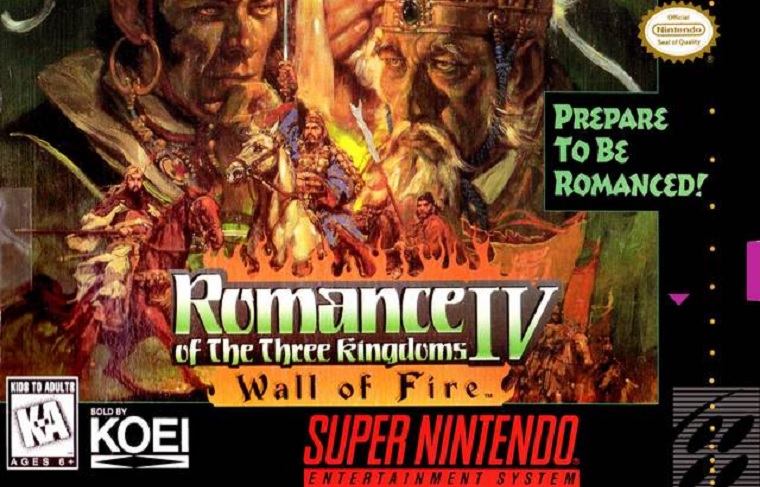
Nobunaga’s Ambition (1983-present)
The best way to explain Nobunaga’s Ambition is that it’s RTK’s older sibling. It’s not exactly the same game but it has the historical approach and the goal of unifying Japan. For some reason, it never really took off in the West in the same way that RTK did in the early 2000s.
That’s why when you look it up on Wikipedia, it doesn’t have as extensive entries as other Koei games. Hell, defunct Koei franchises are better fleshed out there than Nobunaga’s Ambition.
Koei couldn’t exactly hit it out of the park internationally with a samurai-version of RTK—as it was viewed by 2000s Western audiences—but managed to do so with the Samurai Warriors series.
Aerobiz (1992-1994)
During the early 1990s, Koei was also building up for an entry into business management simulation games. The titles that became popular worldwide out of its Management Series were Aerobiz and Aerobiz Supersonic.
I remember first playing Aerobiz over my uncle’s house in the mid-90s on the Sega Genesis. He was big on air combat games and probably picked this one up thinking that’s what it was. The first Aerobiz game is what established my love of business management sims today.
Basically, you run an airline and purchase jets, invest in cities to turn them into travel hubs or tourism hubs. Historical events such as regional conflicts and sporting events play into success or failure of an airline connecting from a hub to say North Korea or something—North Korea isn’t a destination in either game.
Players are also responsible for repairing their jets and retiring them once manufacturers release better ones that can cover more distance. It sounds involved but actually, I’d say this is one of the best introductions to the business management sim genre outside of games such as Total Extreme Wrestling and Game Tycoon.
As you can see, Aerobiz only lasted for two games and the Management Series has been carried by the horse breeding/racing series Winning Post. However, I think Aerobiz has juice in the tank for a PC or mobile revival.
Uncharted Waters (1991-present)
This is a franchise that is still going today but its best days were when it was on Super Nintendo and the Sega Genesis. Uncharted Waters details the age of sea exploration so expect lots of dealing with colonial super powers and the Ottoman Empire.
Trade, privateering, and piracy area all on tap in this one. Like most of Koei’s historical games, investing in a port or area are key to establishing good relationships. In Uncharted Waters’ case, it’s establishing good relationships to the point of a port becoming allied with your home country.
In the Super Nintendo/Sega Genesis titles, there are storylines for your chosen character but for the most part they exist more in the background to the main gameplay. The series continued into the 2000s and beyond but the last Western release was Uncharted Waters Online, an MMORPG which was decent at best.
Inindo (1991)
Back in late 2018, I touched on Inindo when going into my all-time favorite ninja games. I always felt that Inindo was one of the best Koei games of the 90s as it mixed RPG with a dollop of strategy for a really fun and interesting mix.
You also have to factor in that most ninja games are action-oriented and there are probably a thimbleful of ninja RPGs out there. This was a groundbreaking title for the theme and gave you enough play time and replay value that it worked.
Hell, it even features potential teammates with their own personalities, loyalties, and journeys that you can encounter and link up with during your own quest to defeat Oda Nobunaga! Again, groundbreaking stuff! In most RPGs from the period and even now, your teammates are often static. They don’t do anything outside of being selectable for your team.
Check it out if you can get your hands on an emulator as Inindo has been out of print for decades now.
Staff Writer; M. Swift
This talented writer is also a podcast host, and comic book fan who loves all things old school. One may also find him on Twitter at; metalswift.


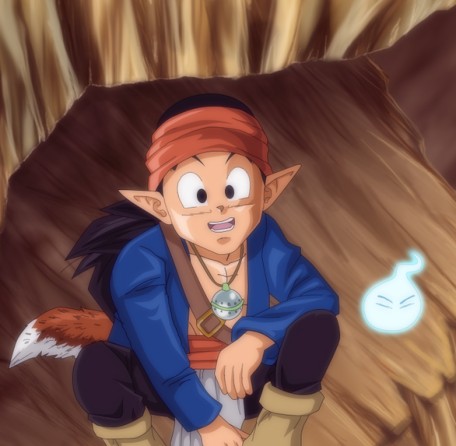
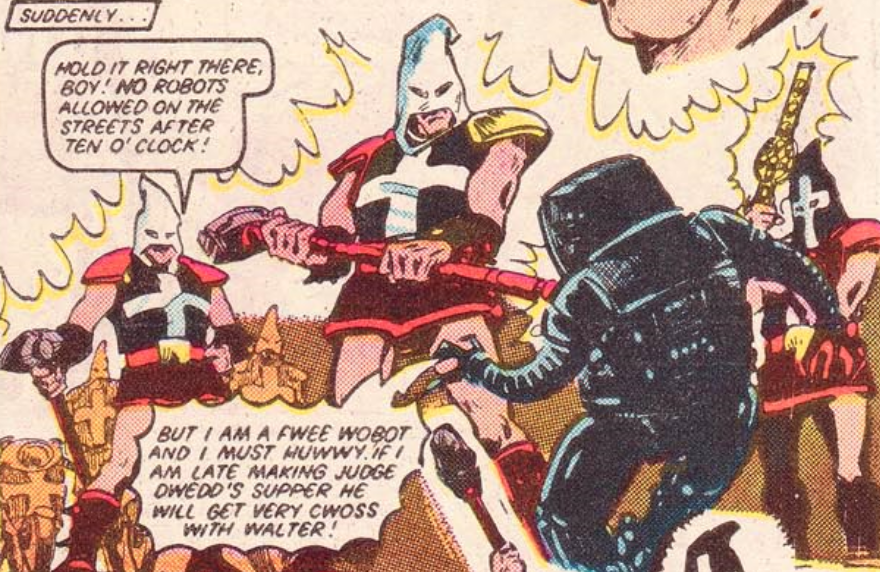









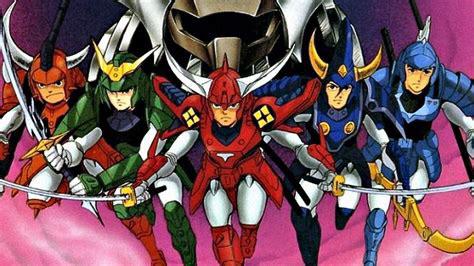
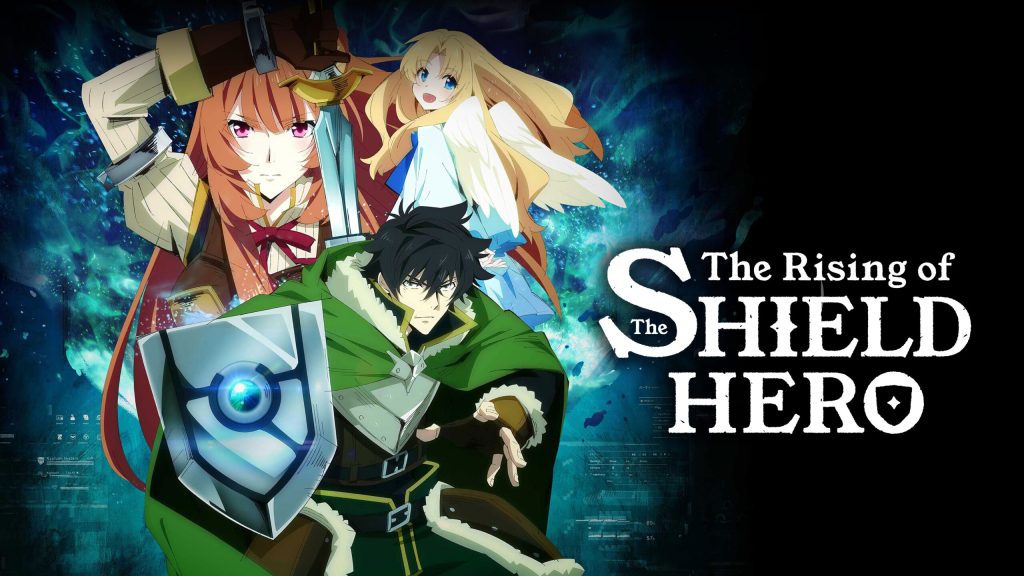

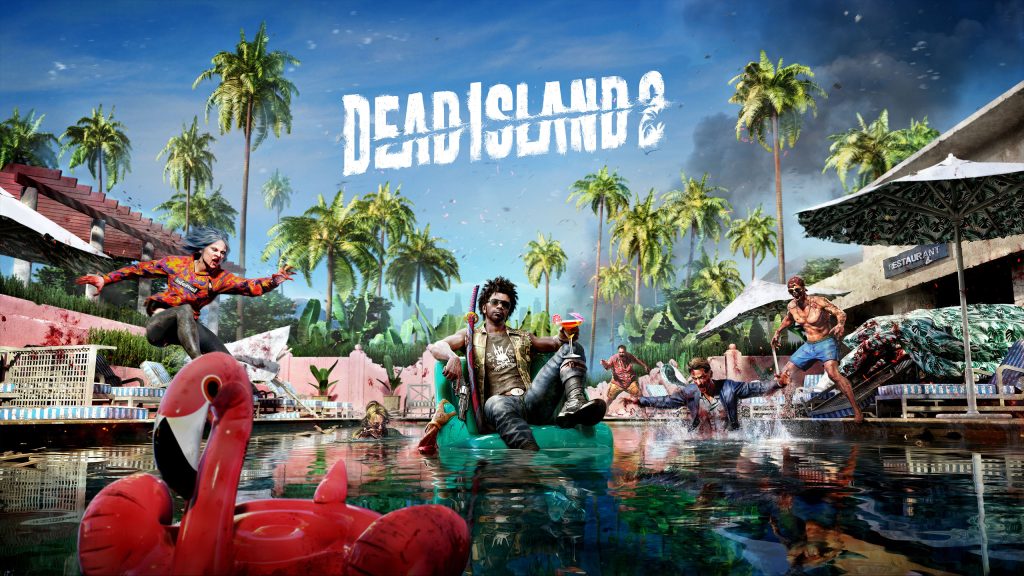
Leave a Reply